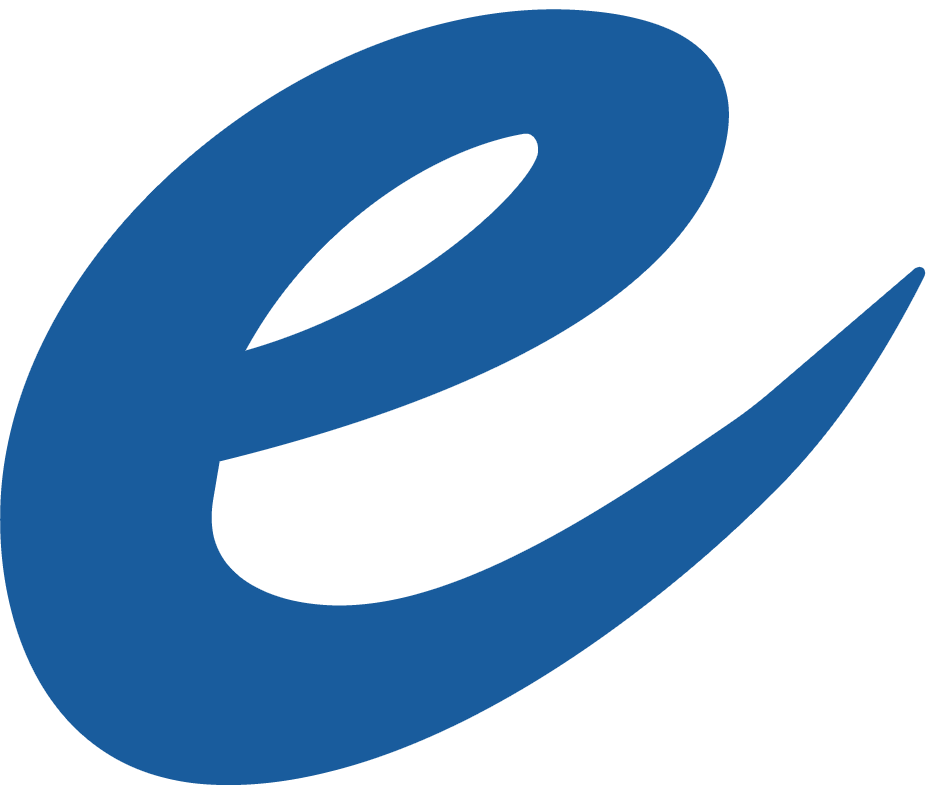Want to ace your job interview and land that open job you have been seeking? Here are tips to help you prepare, stand out from other candidates, and land the job of your dreams.
- Research the company. An interviewer may ask how you perceive their company’s position in its industry, what you know about their company, and/or what industry like experience you have. Be prepared to have some information about the company interviewing with.
- Clarify your “selling points” and the reasons you want the job.
Prepare to go into every interview with three to five key selling points in mind, such as what makes you the best candidate for the position. Have an example of each selling point prepared (“I have effective communication skills. For example, I persuaded an entire group to …”). And be prepared to tell the interviewer why you want that job – including what interests you about it, what rewards it offers that you find valuable, and what abilities it requires that you possess. If an interviewer does not think you are really, really interested in the job, he or she will not give you an offer – no matter how good you are! - Prepare for common interview questions.
This is an interview—you are going to get questions. While you may not know how it will play out, there are some frequent questions that are asked in most interviews. Practice those! Search internet for common interview questions. Have your resume handy as you may be asked questions regarding the information you provided on your resume. - Line up your questions for the interviewer.
Come to the interview with some intelligent questions for the interviewer that demonstrate your knowledge of the company as well as your serious intent. Interviewers always ask if you have any questions, and no matter what, you should have one or two ready. If you say, “No, not really,” he or she may conclude that you are not particularly interested in the job or the company. A good all-purpose question is, “If you could design the ideal candidate for this position from the ground up, what would he or she be like?” - Practice, practice, practice.
It is one thing to come prepared with a mental answer to a question like, “Why should we hire you?” It is another challenge entirely to say it aloud in a confident and convincing way. The first time you try it, you will sound garbled and confused, no matter how clear your thoughts are in your own mind! Do it another ten times, and you will sound a lot smoother and more articulate. - Score a success in the first five minutes.
Studies indicate that interviewers make up their minds about candidates in the first five minutes of the interview, so what can you do in those five minutes to get through the gate? Come in with energy and enthusiasm and express your appreciation for the interviewer’s time. - Close on a positive note.
Tell the interviewer that you would really, really like the job – that you were excited about it before the interview and are even more excited now, and that you are convinced you would like to work there. If there are two equally good candidates at the end of the search – you and someone else – the interviewer will think you are more likely to accept the offer, and thus may be more inclined to make an offer to you. You will be making the strongest possible “close” – and that is worth a lot! - Send thank-you notes.
Write a thank-you note after every interview. To write a good thank-you note, you will need to take time after each interview to jot down a few things about what the interviewer said. Also, write down what you could have done better in the interview, and make adjustments before you head off for your next interview. - Do not give up!
If you have had a bad interview for a job that you genuinely think would be a great fit for you do not give up! Write a note, send an email, or call the interviewer to let him or her know that you think you did a poor job of communicating why you think this job would be a good match. Reiterate what you have to offer the company and say that you would like an opportunity to contribute. Whether this strategy will get you a job offer depends on the company and on you. But one thing is for sure: If you do not try, your chances are exactly zero. We have seen this approach work on numerous occasions, and we encourage you to give it that last shot.
If you follow the above strategies, you will be as prepared as any candidate an interviewer has ever seen. Good luck!
















